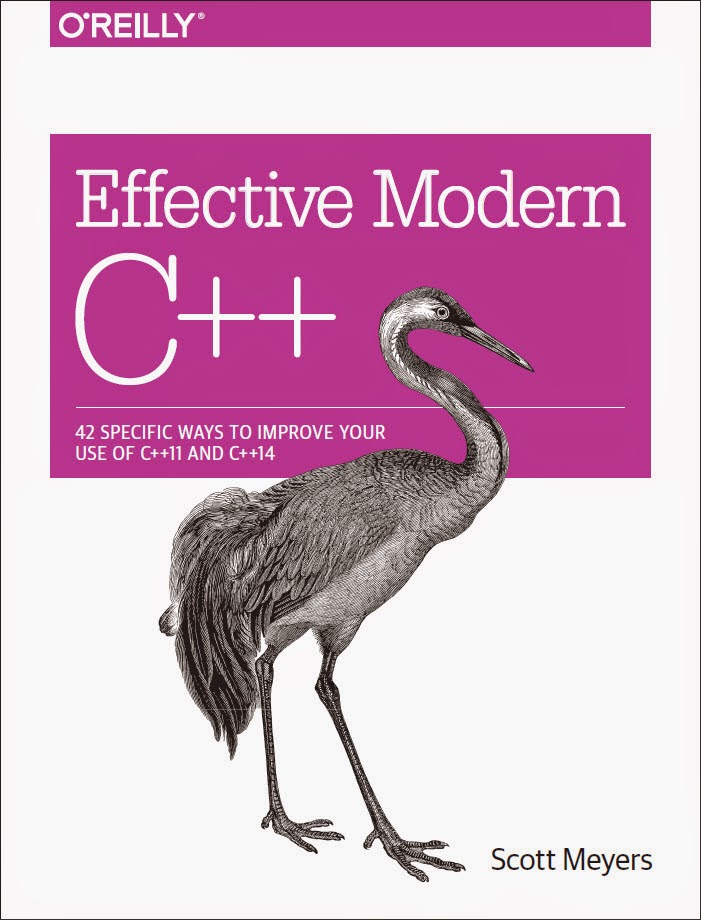Quick Q: When are copy and move operations automatically generated? -- StackOverflow
Recently on SO:
What are the rules for automatic generation of move operations?
In C++98, the C++ compiler could automatically generate copy constructor and copy assignment operator via member-wise copy, e.g.
struct X { std::string s; std::vector<int> v; int n; };The compiler automatically generates copy constructor and copy assignment operator for
X, using member-wise copy.But how do things change in C++11 with move semantics?
Are the move constructor and move assignment operator automatically generated, like copy constructors and copy assignment operators?
Are there cases in which move operations are not automatically generated?

 C++ is quietly becoming a language of choice for cross-platform mobile apps, because it's the only modern language that can target iOS, Android, and more with the same source code.
C++ is quietly becoming a language of choice for cross-platform mobile apps, because it's the only modern language that can target iOS, Android, and more with the same source code.
 Scott Meyers' highly anticipated new book Effective Modern C++ is on the way:
Scott Meyers' highly anticipated new book Effective Modern C++ is on the way: More CppCon 2014 accepted talks have just been announced, below. For past announcements about the conference program, see also:
More CppCon 2014 accepted talks have just been announced, below. For past announcements about the conference program, see also: Part 3 of Vadim's experience report about using Boost's graph support in an existing game app:
Part 3 of Vadim's experience report about using Boost's graph support in an existing game app: